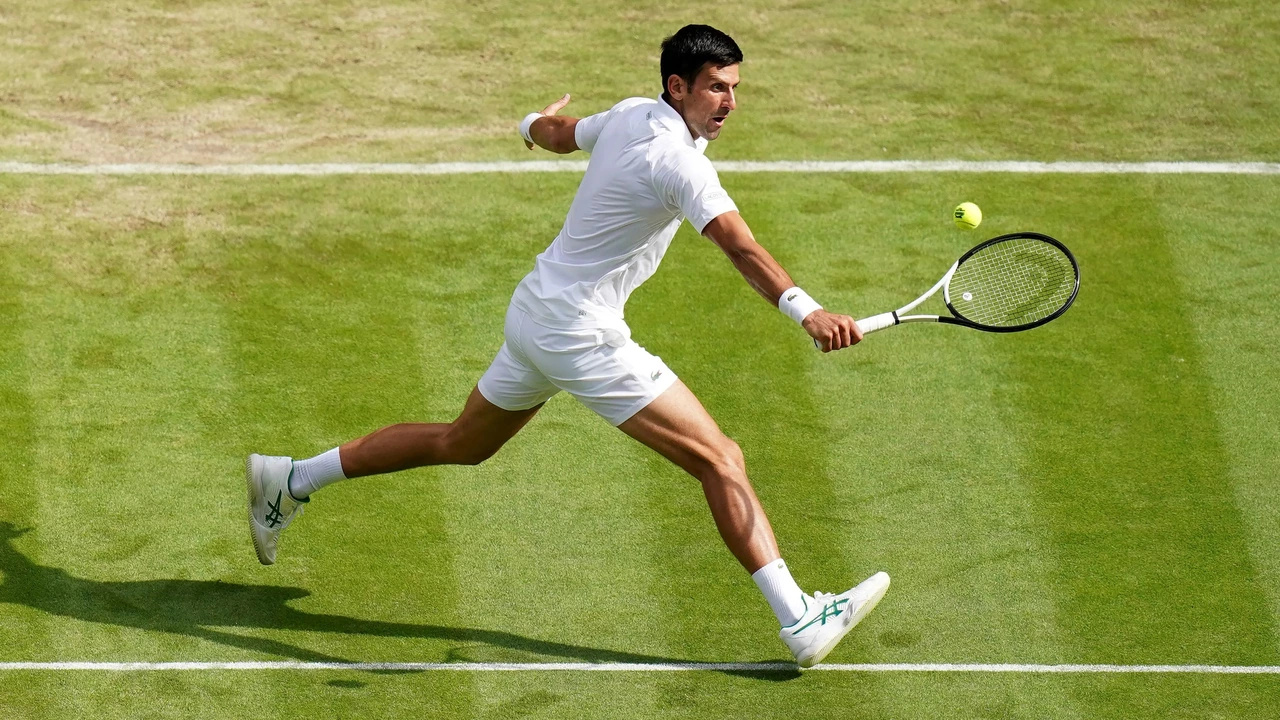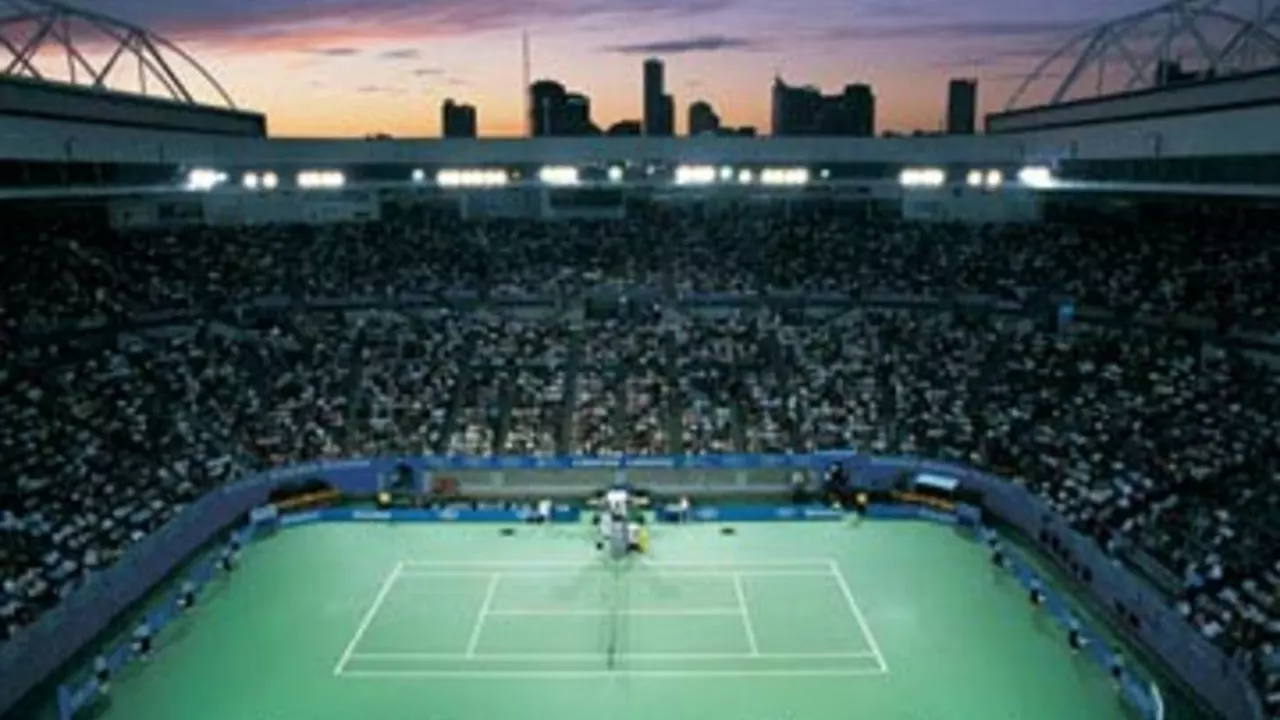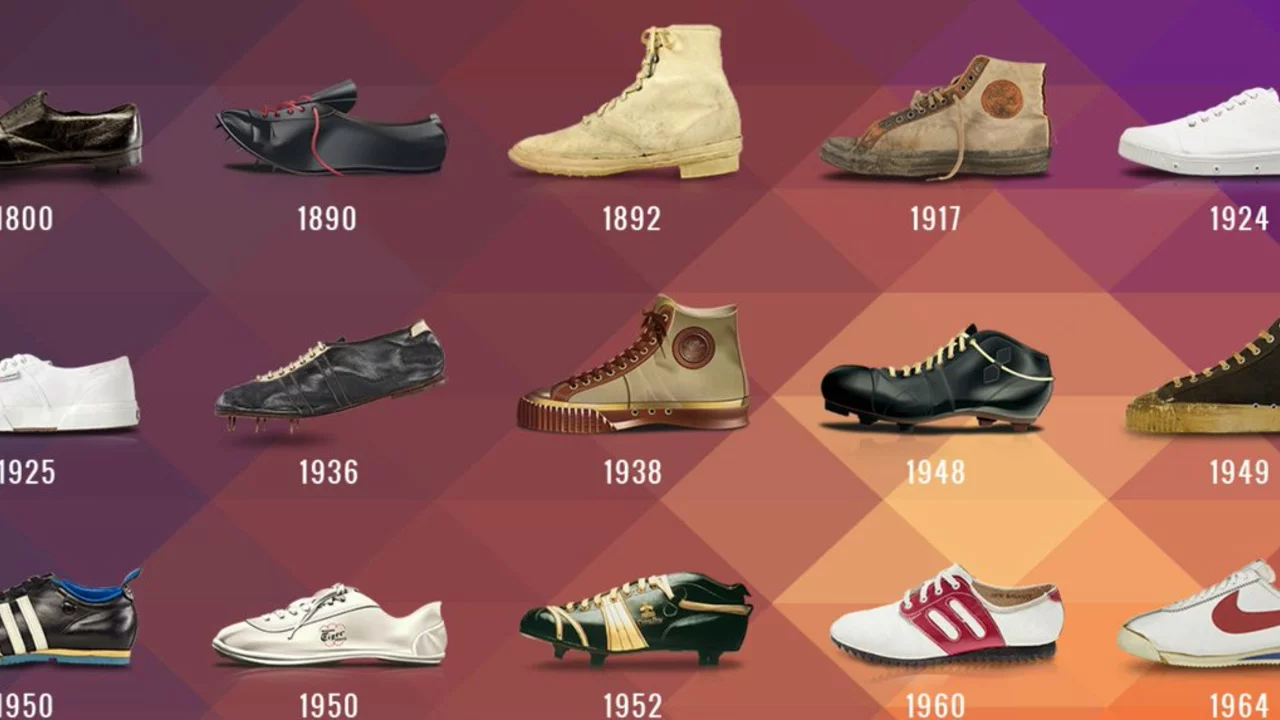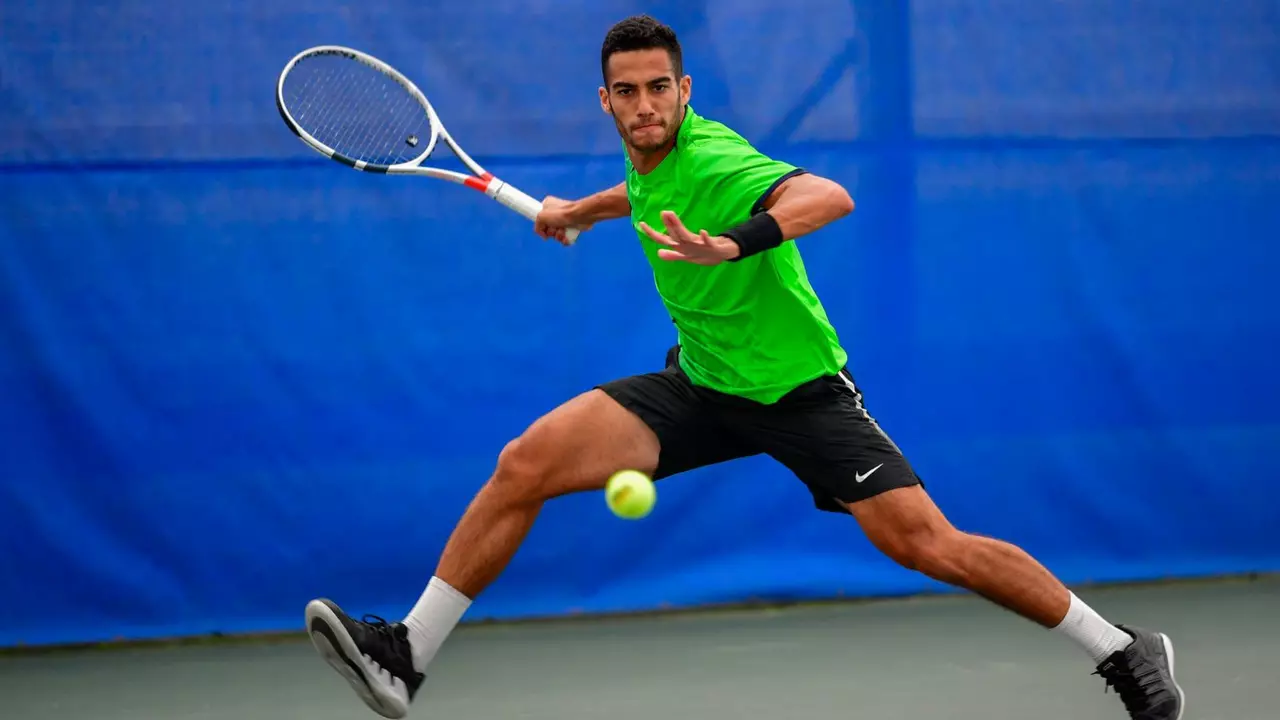July 2023 Tennis Insider Secrets Archive – Top Tips & Insights
July was packed with quick, practical tennis advice. We broke down why Novak Djokovic dominates on hard courts, why the Australian Open slowed down, the story behind calling all sneakers "tennis shoes," and what the bend in a player's knees really does when they receive a serve. Grab the highlights below and add a few easy upgrades to your game.
Why Novak Djokovic Rules the Hard Court
Djokovic’s hard‑court success isn’t magic—it’s a mix of three things. First, his footwork feels like a dancer on roller skates: quick, light, and always in the right spot. Second, his serve snaps forward like a cannon, giving him a free point or a weak return. Third, his mind stays ice‑cold even when the pressure is high. Want a taste of his style? Practice short, explosive foot drills, add a few power‑serve repeats, and watch a match while noticing how he never rushes his thoughts.
Australian Open Court Speed Slowed Down – What That Means for You
This year the Melbourne courts felt slower. Organisers tweaked the surface to stretch rallies and force more strategy. Cooler weather also kept the ball from bouncing high. For players, the change means you need a stronger baseline game and more patience. Try longer rally drills and work on moving laterally with controlled footwork. If you can keep the ball in play longer, the slower courts actually become an advantage.
Why All Sneakers Got the Nickname "Tennis Shoes"
The term goes back to the first rubber‑soled shoes made for tennis in the early 1900s. Those shoes were the first to offer grip on clay and grass, and the name stuck. Over time, every casual rubber shoe inherited the label, even if you’re hitting the gym or the basketball court. Knowing this history helps you appreciate why your running shoe might still be called a tennis shoe in the shop aisle.
The Bent‑Knee Stance When Receiving a Serve
When a player bends their knees to receive a serve, they’re lowering their center of gravity. That gives better balance, quicker reflexes, and more power for the return shot. The bend also stores energy like a spring, ready to explode in any direction. To copy the stance, practice a simple drill: start with feet shoulder‑wide, drop into a half‑squat, and have a partner feed you serves. Focus on staying relaxed while staying low.
All four posts share one goal—help you play smarter, move faster, and enjoy the game more. Take one tip from each article, try it on the court, and watch the improvement stack up. Keep checking Tennis Insider Secrets for more bite‑size advice that you can actually use.

Why is Novak Djokovic so good playing on the hard court?
Well, folks, it's your favorite blogger here, and today we're discussing why Novak Djokovic is a beast on the hard court. Let's break it down. First off, the guy moves around like a ballet dancer on roller skates - his agility and speed are unparalleled! Then there's his serve - it's like being on the wrong end of a cannon fire. But the real cherry on top is his mental toughness. The man's as cool as a cucumber in a freezer! So, there you have it - Djokovic's hard court mastery is a combo of agility, power, and iron-willed determination. Now, if only I could move like him in my Zumba classes!
Detail
Why is the Australian Open Court speed so low this year?
From my observations, the Australian Open Court speed has noticeably dropped this year. The main reason for this is the change in court surface, which has been switched to a slower pace to promote longer rallies and a more strategic style of play. The cooler weather conditions also contribute to the decrease in speed as the ball doesn't bounce as high or travel as fast. This has been a major talking point among players who are having to adjust their games accordingly. It's definitely a change that's stirred up the tournament this year.
Detail
Why are all general sneakers called tennis shoes?
In my latest blog post, I explored why we often refer to all general sneakers as "tennis shoes". This commonality is rooted in history when the first rubber-soled shoes, designed for playing tennis, entered the market. Over time, this name stuck and became a generic term for all rubber-soled athletic shoes, regardless of the specific sport they were designed for. So, even though we've got basketball shoes, running shoes, and more, we still often call them all "tennis shoes". It's an interesting tidbit of fashion and sports history that continues to influence our language today.
Detail
Why do tennis players bend when they are receiving serves?
Tennis players bend when receiving serves as a part of their ready stance, which is crucial for a quick and efficient response. This position lowers their center of gravity, enabling better balance, flexibility, and speed. It also allows them to spring in any direction based on the serve's trajectory. Bending the knees helps generate power for the return shot and promotes overall agility. So, the next time you watch a tennis match, notice this technique that blends strategy with physics.
Detail